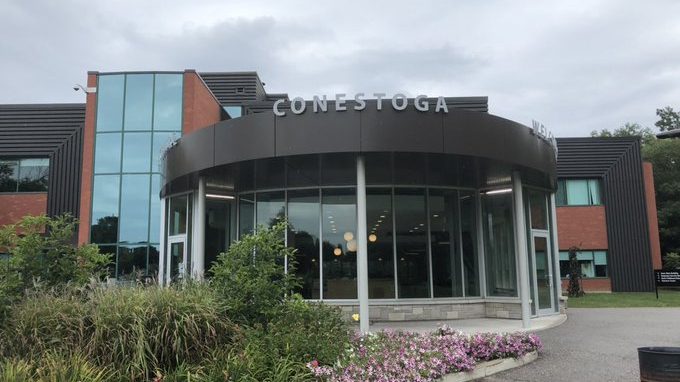Conestoga College offering early retirement as way to make-up lost revenue

It’s no secret that Conestoga College has greatly benefited from the recent deluge of international students. With the ability to charge higher tuition to non-resident students, postsecondary institutions have used it as a way to off-set declining provincial funding.
But now there is a cap on the number of international students allowed admission each year and the schools are looking for ways to recoup that revenue.
Conestoga College has recently begun offering early retirement to certain faculty and staff that qualify. That was confirmed in a email to 570 NewsRadio. However, the school did not provide a comment on reports that some staff with partial-load contracts could be laid-off.
Advertisement
Leopold Koff, President of Local 237 CAATA-OPSEU/SEFPO which represents faculty and staff, said it looks like the college has only one thing on its mind.
“I guess really, it’s all about the money. That old adage, right? That’s what it comes down to,” he said. “A focus on education and concern for individuals, particularly precarious individuals, like partial load contract faculty, seems to be set aside in relationship to reduction of costs and increased profit and or revenue.”
Koff says some partial load contracts are being changed to part-time which is having a major impact on the compensation of those individuals and putting them in a position where they could be laid off.
He said that while the school technically isn’t doing anything illegal, it could have greater concern for the individuals being affected by these decisions.
Advertisement
He says there really is no financial justification for these moves.
“The colleges are still not in a negative position. They may not earn as much revenue as last year but there’re still going to be in a positive financial position at the end of the year, no matter what may be happening. So, a lot of what they are doing seems to be going to the extreme on the pendulum, if you will.”
“It’s also about the quality of what we’re delivering and going forward and maintaining that knowledge and that quality of delivery to graduates who will improve the society and economy of Ontario,” he continued. “We’re all concerned about that going down and being deteriorated.”